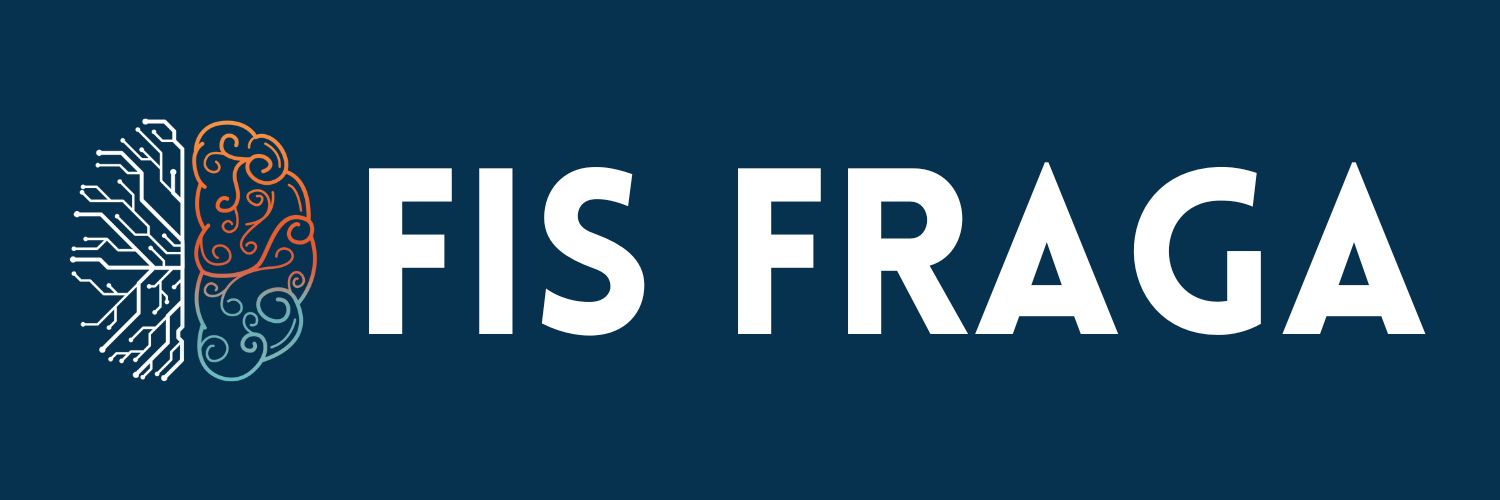no.1. Exponential Necessity for an Extended Mind. Take Control of Information Overload
Feeling overwhelmed by the speed of change? Discover how to expand your mind & tackle information overload using the latest strategies. This article is your guide to thriving amidst exponential growth.

It's January 2023, Planet Earth.
Technology is evolving faster than ever.
It's hard to even breathe some Oxygen without inhaling along some new piece of information.
Emails are piling up, and articles are being written at a record pace. Social Media is flooding your phone with messages and notifications, and every week, AI creates hundreds of new opportunities.
It's just impossible to keep up.
Or so it seems.
At the very least, it's impossible to keep up without some solid backup.
But before we explore a much-needed backup, let's first take a deep breath and understand what's even happening to the world we live in.
How is the world different?
What are some solutions to deal with this overwhelming new world?
The Exponential Increase in Information.
Technology is developing at a very fast pace.
Just to mention a few advancements, there is Artificial Intelligence, Big Data, Transformers, Internet of Things, and ChatGPT.
And these are just the beginning of an explosive era of growth and development.
It's hard to understand what this development looks like, but luckily, there's data to back this up. Actually, "data" is the best metric to illustrate this phenomenon.
Every day, the world creates 328,770,000,000,000,000,000 bytes of data [1].
A very big number, right?
That's 0.328 Zettabytes or 328 billion Gigabytes. This is more than 41 Gigabytes per person per day, which would be more than recording all the 24h of your day in 1080p HD resolution.
It's hard to imagine such a big number, so let's look at a graph.
(Please note that the graph starts in 2010, when the internet was already highly used. This graph would be ridiculous if it started in 1910.)

Does this remind you of anything?
If you are anything of a maths geek as I am, you know this is an exponential growth.
But even the math geeks around the world can't truly understand the impact of exponential growth in our lives.
Einstein, arguably the geekiest of all, put it into simple and powerful words:
“The greatest shortcoming of the human race is our inability to understand the exponential function.” – Albert Einstein
In short, the human race does not understand the effects of the exponential function and humans were not designed to deal with exponential anything, at least according to Einstein, a physicist, not a cognitive scientist.
Either way, let me illustrate this point.
Imagine going from 1 child to 10 children instead of 2. Then 100 children instead of 3, then 1,000 children instead of 4.
Terrific, heh? 🙎🏻🙎🏻🙎🏻🙎🏻🙎🏻🙎🏻🙎🏻🙎🏻🙎🏻
This is what exponential looks like.
And this is exactly what humanity is facing right now with information.
Brilliant minds are already aware of this, such as Google's Director and best-selling author of 4 books, Ray Kurzweil:
“The future will be far more surprising than most people realize. Few observers have truly internalized the implications of the fact that the rate of change itself is accelerating.” – Ray Kurzweil
Here is the definition of "exponential":
An increasing trend becoming more and more rapid.
What Kurzweil is describing is exactly, and by definition, exponential growth. And as Einstein warned us, anything that is exponential brings serious challenges to humanity.
This huge problem calls for novel perspectives and solutions.
“Standing still is the fastest way of moving backwards in a rapidly changing world. — Lauren Bacall
If we are to pose a chance against this rapidly changing world, we must do something different.
How To Solve Information Overload
It's hard to even propose a solution to such a complex problem.
But luckily, we can rely on Occam's Razor.
Occam's Razor states that you should always choose the simplest explanations and solutions instead of complex ones.
With this in mind, here is a very simple, and profound, solution to handle an exponential increase in information:
• ↑ Increase capacity of handling information.
• ↓ Decrease exposure to external information.
But remember, this is an exponential issue.
To solve the situation, we must have a 10x increase in the capacity to handle information and a 10x decrease in exposure to information.
CONTINUE READING IN SUBSTACK:



